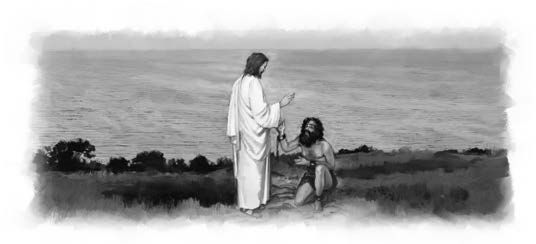As a university student, Anush heard many times, “When you graduate, we will give you a job.” But when she graduated, no one offered her a job.
Father was deeply worried. In Armenia, fathers often help their children get jobs. Some fathers even bribe companies to hire their children. But Father didn’t give a bribe, and Anush was jobless in her town in Armenia.
Then she learned about an interdenominational missionary organization from the United States that was looking for an Armenian translator. The job came with a small salary and required her to relocate temporarily to a nearby city, Vanadzor. She asked Father for permission to work as a translator. Armenia is a largely patriarchal society where fathers are consulted on many decisions. Father thought that working with Americans would be a good opportunity for Anush. “Yes, you can go,” he said.
Anush got the job. She was happy. Four years earlier, Father had forbidden her from going to church and getting baptized. Now she was reading the Bible, sharing Jesus with others—and getting paid for it! As she worked, a desire grew in her heart to become a missionary. When the job ended, she returned home, wondering how she could fulfill her dream. After praying and fasting for three days, she read in Exodus that God told Moses at the burning bush to ask Pharoah to let His people go to serve Him. She felt as though God was saying to her, “Go ask Father to let you serve Me.” She went to Father. “Would you allow me to study to become a missionary in another country?” she asked.
“No,” he said.
The next morning, Anush read in Exodus that Pharaoh rejected Moses’ request, but God sent Moses back, saying, “Go, talk to Pharoah.”
She went to Father. “Would you allow me to study in a missionary program to serve God?” she asked.
“No,” he said.
She continued reading Exodus. Again and again, God sent Moses to talk to Pharoah. Every time Moses talked to Pharoah, Anush spoke to Father. Father became upset. One day, he exploded. “Can you just go to the local church and get baptized and forget about becoming a missionary in another country?” he exclaimed.
Anush was confused. She hadn’t anticipated such a response. She decided to go to church. She went to a nearby city where an Adventist church was holding evangelistic meetings. When the preacher asked who wanted to be baptized, she stood up. “Are you sure?” the preacher asked. “What about your father?”
Everyone knew her story. “Father is fine with my decision,” Anush said.Father didn’t stop the baptism. With joy, Anush plunged under the water.
Part of last quarter’s Thirteenth Sabbath Offering went to open a center of influence for families like Anush’s in Yerevan, Armenia. Thank you for helping spread the gospel with your offerings. Next week: Anush sets her heart on praying Father into church.

